
School-Based Mobile Healthcare Toolkit
Mobile healthcare is often called “mHealth,” a term that describes mobile devices, such as smartphones and tablets, along with various wireless technologies, to support and enhance healthcare services and medical information delivery. It encompasses a wide range of applications and services that leverage the mobility and connectivity of these devices to improve healthcare access, delivery, and outcomes.
Mobile healthcare in this toolkit refers to the use of vehicles equipped to provide healthcare services on the go, outfitted with medical equipment, staffed by healthcare professionals, and designed to deliver an array of healthcare services to school-age children at schools. It is implemented on a spectrum of service delivery options, tailoring its reach to meet the unique needs of diverse school environments. Whether functioning as the primary healthcare service delivery model within a school or collaborating seamlessly with an existing school-based health center, the mobile unit serves as a dynamic asset. Its flexibility allows for effective integration into various health and education ecosystems, ensuring that students receive optimal care regardless of the existing infrastructure. By acknowledging the varied ways a school-based mobile healthcare unit can operate, we recognize the importance of customization in addressing the distinct health and education needs of the students, families, schools, and the communities it serves.
"…it [mobile healthcare] addresses inequities in health care across communities. When school is not in session, it has great potential to engage the larger community through pop-up events for things such as vaccinations or screenings. Mobile units have been shown, when implemented with community involvement, to increase the trust of the community by bringing health care to them. They are then more inclined to travel to the main health center for more advanced health care. Also, a mobile unit can be the precursor to building a brick and mortar after the patient population reaches a particular point. That in essence can bring a positive change for generations."
John G. Kennedy, MA, Director of School-Based and Behavioral Health Services at the West Virginia Primary Care Association, Inc.
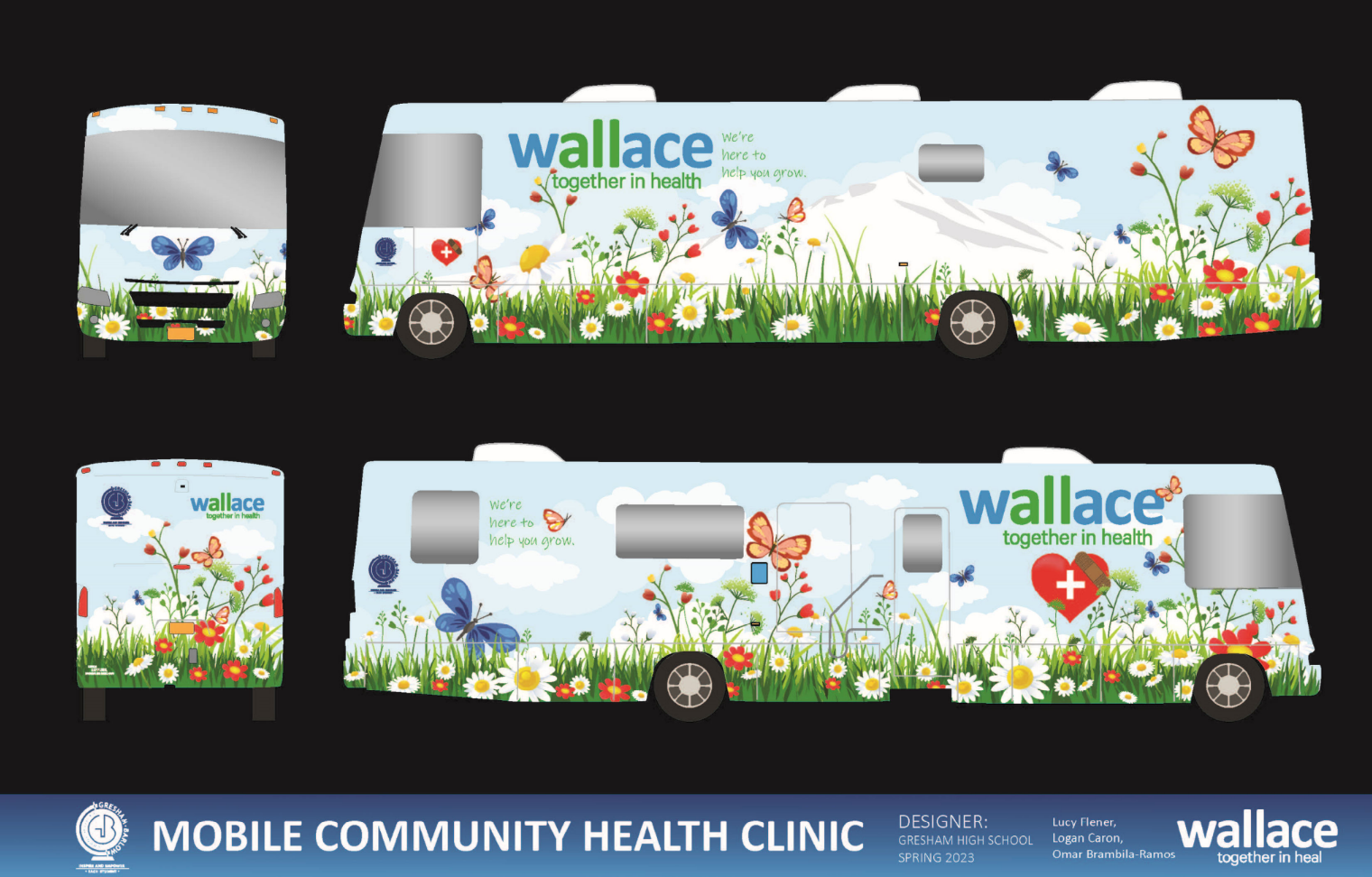
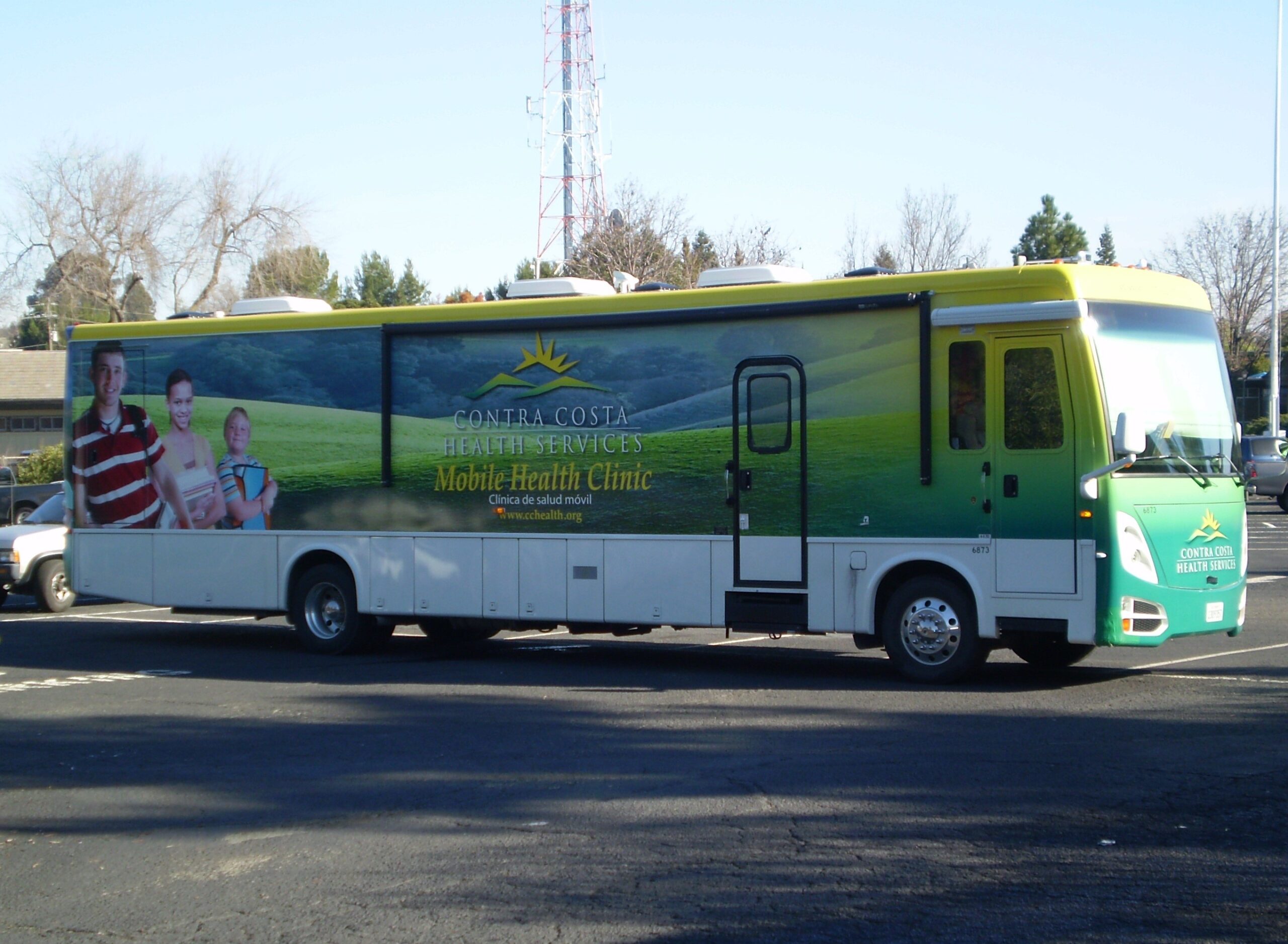
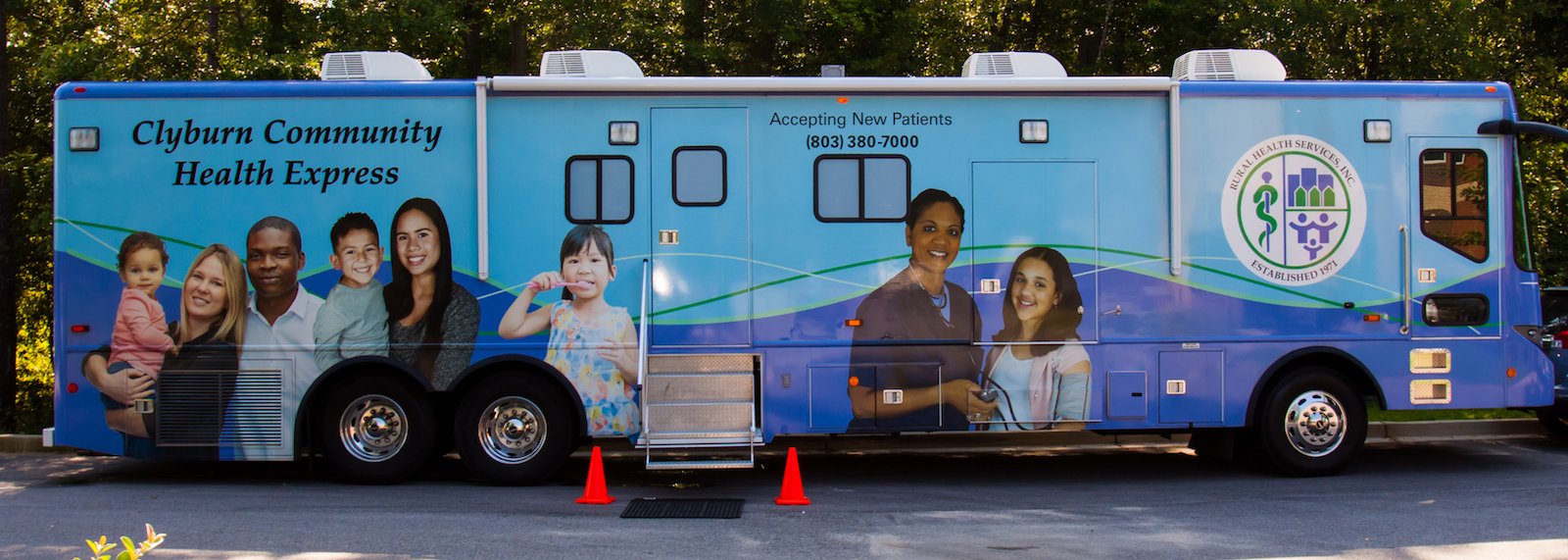
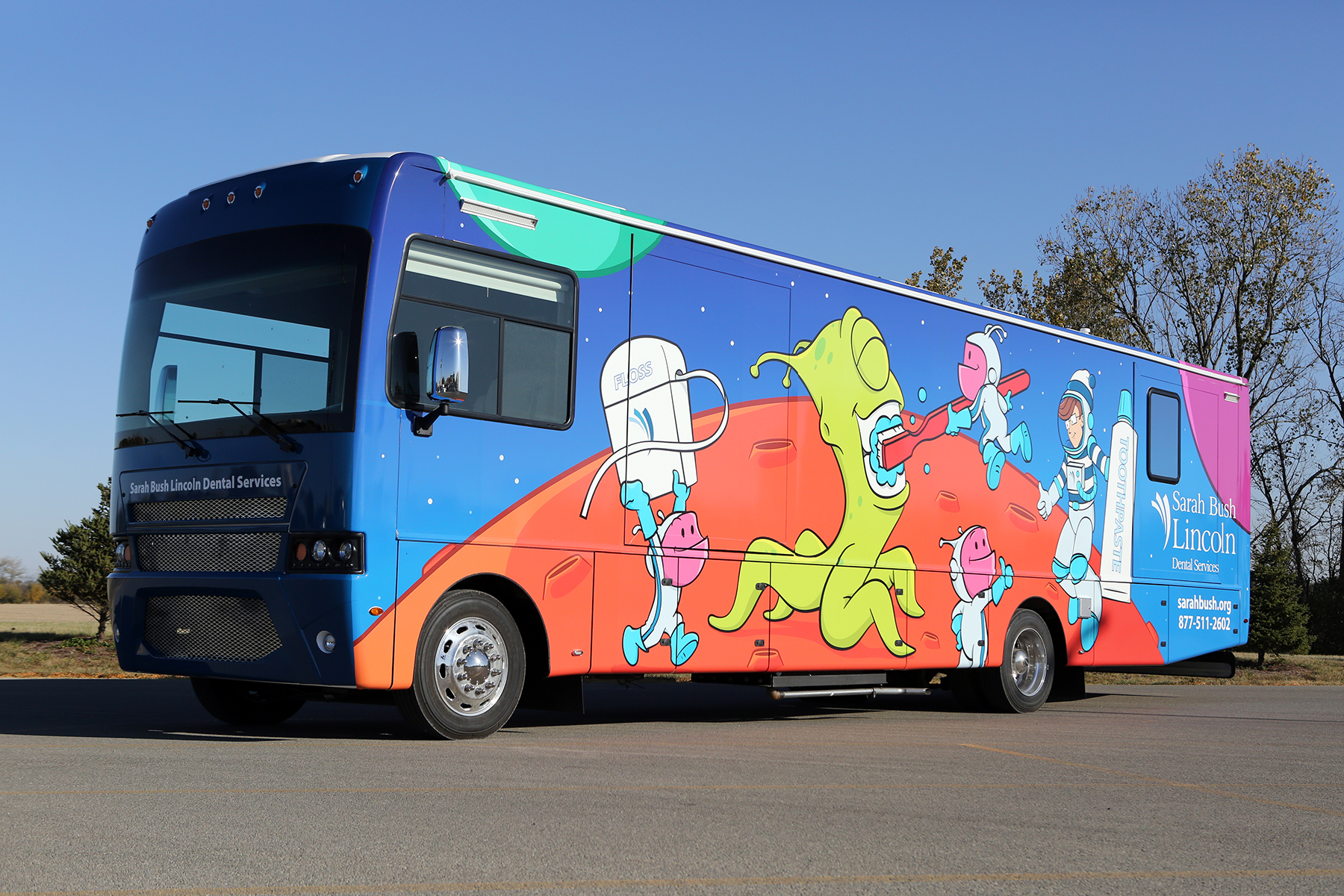
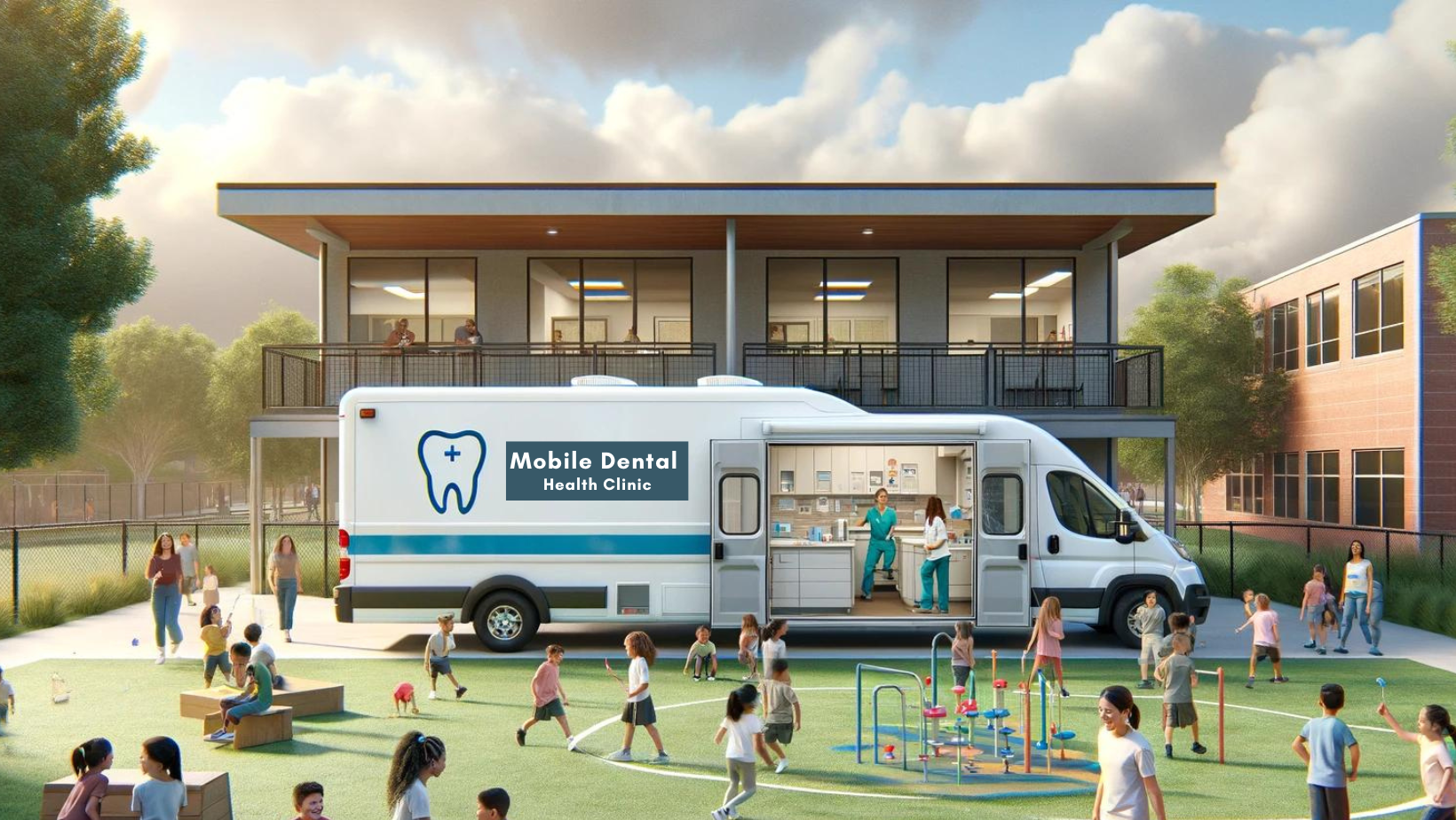
About this toolkit
The School-Based Health Alliance (SBHA), funded by the Leon Lowenstein Foundation, developed this toolkit to enhance the capacity of healthcare organizations to integrate high-quality, sustainable, mobile healthcare services with school-based healthcare.
SBHA gathered information and resources for this toolkit from many sources. We aimed to learn from and share the work of the school-based mobile healthcare field through key informant interviews and focus groups. We learned about mobile health terminology, models of care, staffing, funding, operationalization, school integration, intervention, and elements of collaboration with schools and communities. References to their content are throughout this toolkit, indicated by the phrase “key informants.” Key informants represent a variety of geographic locations, coming from the following states: Ala., Ark., Ariz., Calif., Conn., Fla., Ga., Ill., N.J., Ohio, Texas, Wash., and W.Va.
Recognizing that not every community has the space within their schools, the resources, or the staff to establish and maintain a brick-and-mortar school-based health center (SBHC), mobile healthcare can play a vital role in addressing potential gaps in service. Mobile healthcare units can travel to different schools and communities to provide health services on-site, complementing and expanding the reach of SBHCs, especially in rural or underserved areas.